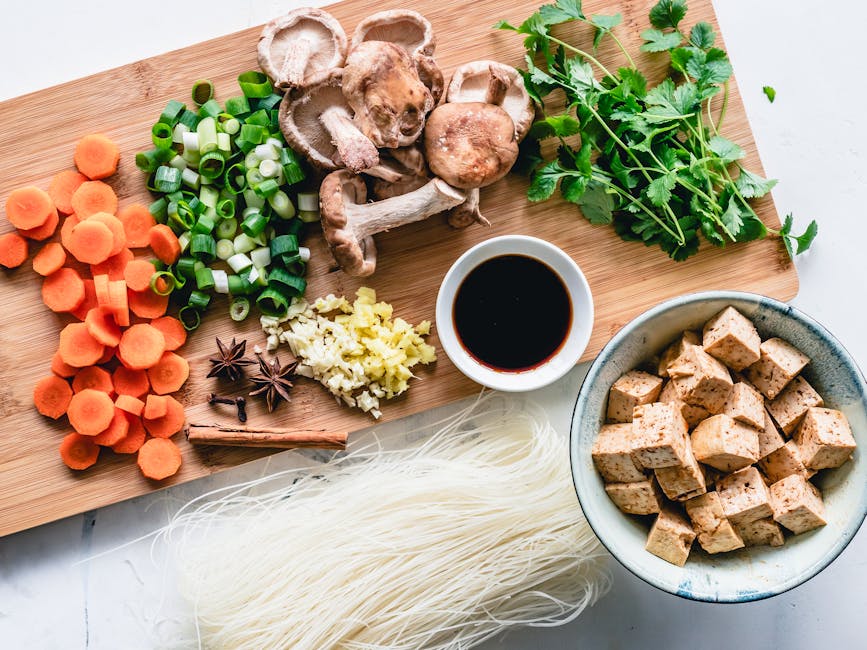Protein Powder Recipes for Muscle Gain: Fueling Your Gains
Building muscle requires a multifaceted approach encompassing resistance training, adequate rest, and, crucially, a diet rich in protein. Protein powder serves as a convenient and effective tool to supplement your dietary protein intake, aiding muscle repair and growth. This article explores a variety of delicious and effective protein powder recipes designed to optimize your muscle-building journey. We’ll cover different protein powder types and offer recipe variations to cater to diverse tastes and dietary needs.
Understanding Protein Powder Types:
Before diving into recipes, understanding the different protein powders is crucial. Each type offers unique characteristics in terms of absorption rate, amino acid profile, and taste:
-
Whey Protein: Derived from milk, whey is a fast-digesting protein, ideal for post-workout consumption to rapidly replenish muscle glycogen stores. It boasts a complete amino acid profile, making it highly effective for muscle protein synthesis. Whey comes in various forms: concentrate (less expensive, slightly lower protein content), isolate (higher protein content, less lactose), and hydrolysate (pre-digested, faster absorption).
-
Casein Protein: Also derived from milk, casein is a slow-digesting protein, providing a sustained release of amino acids over several hours. This makes it perfect for consumption before bed or between meals to minimize muscle protein breakdown during periods of fasting.
-
Soy Protein: A plant-based option, soy protein offers a complete amino acid profile and is a good alternative for those with dairy sensitivities. It digests at a moderate rate.
-
Brown Rice Protein: Another plant-based option, brown rice protein is hypoallergenic and easily digestible, though it is incomplete in certain amino acids, requiring supplementation from other sources.
-
Pea Protein: A hypoallergenic plant-based protein, pea protein is gaining popularity due to its digestibility and environmental sustainability. It also has a complete amino acid profile when combined with other plant-based proteins.
Recipe Categories & Variations:
We’ll explore recipes categorized by their intended consumption time and purpose. Remember to adjust ingredient quantities based on your individual protein and calorie needs.
I. Post-Workout Recovery Shakes:
These recipes emphasize rapid protein absorption to kickstart muscle recovery.
-
Classic Whey Protein Shake:
- 1 scoop whey protein isolate (vanilla or unflavored)
- 1 cup water or unsweetened almond milk
- ½ banana (for potassium and carbohydrates)
- ½ teaspoon cinnamon (for flavour and potential anti-inflammatory benefits)
- Blend until smooth. Optional: Add a few ice cubes.
-
Whey & Berry Blast:
- 1 scoop whey protein concentrate (strawberry or chocolate)
- 1 cup frozen mixed berries
- ½ cup unsweetened almond milk
- ½ cup spinach (for added nutrients)
- Blend until smooth.
-
Chocolate Peanut Butter Powerhouse:
- 1 scoop whey protein isolate (chocolate)
- 1 tablespoon peanut butter (natural, no added sugar)
- ½ cup water or milk
- ½ cup oats (for added fiber and carbohydrates)
- Blend until smooth.
II. Overnight Oats with Protein:
These recipes provide sustained protein release throughout the night, minimizing muscle breakdown during sleep.
-
Casein Overnight Oats:
- ½ cup rolled oats
- 1 scoop casein protein powder (vanilla or chocolate)
- 1 cup milk (dairy or plant-based)
- 1 tablespoon chia seeds (for added omega-3s and fiber)
- ½ teaspoon vanilla extract
- Combine all ingredients in a jar or container. Stir well. Refrigerate overnight.
-
Greek Yogurt & Protein Overnight Oats:
- ½ cup rolled oats
- ½ cup Greek yogurt (plain, high protein)
- 1 scoop whey or casein protein powder
- ¼ cup berries
- 2 tablespoons honey or maple syrup (optional)
- Combine all ingredients in a jar or container. Stir well. Refrigerate overnight.
III. Protein-Packed Smoothies:
These recipes provide a balanced combination of protein, fruits, vegetables, and healthy fats for sustained energy and muscle growth.
-
Green Protein Smoothie:
- 1 scoop whey or soy protein powder
- 1 cup spinach
- ½ cup frozen mango
- ½ cup water or unsweetened almond milk
- 1 tablespoon almond butter
- Blend until smooth.
-
Tropical Protein Smoothie:
- 1 scoop whey or pea protein powder
- ½ cup frozen pineapple
- ½ cup frozen mango
- ½ cup coconut water
- 1 tablespoon shredded coconut
- Blend until smooth.
IV. Protein Pancakes & Muffins:
These recipes offer a delicious and satisfying way to incorporate protein into your breakfast or snack routine.
-
Protein Pancakes:
- 1 cup oats
- 1 scoop whey or casein protein powder (vanilla or unflavored)
- 1 egg
- 1 cup milk (dairy or plant-based)
- 1 teaspoon baking powder
- Mix all ingredients together. Cook on a lightly oiled griddle over medium heat.
-
Protein Muffins:
- 1 cup oats
- 1 scoop whey or soy protein powder
- 1 egg
- ½ cup milk (dairy or plant-based)
- ½ cup mashed banana
- 1 teaspoon baking powder
- ½ teaspoon cinnamon
- Mix all ingredients together. Fill muffin tins and bake at 350°F (175°C) for 20-25 minutes.
V. Creative Protein Additions:
Don’t limit yourself to shakes! Protein powder can be incorporated into various dishes:
- Protein-enhanced yogurt: Stir a scoop of protein powder into your yogurt for a protein boost.
- Protein oatmeal: Add a scoop of protein powder to your oatmeal for added protein and creaminess.
- Protein cookies or brownies: Many recipes can be easily adapted to incorporate protein powder for a healthier and higher-protein treat.
Important Considerations:
- Consult a healthcare professional: Before making significant dietary changes, especially if you have underlying health conditions.
- Choose high-quality protein powder: Look for brands with third-party testing and transparent labeling.
- Stay hydrated: Adequate hydration is crucial for muscle growth and overall health.
- Balance your diet: Protein powder is a supplement, not a replacement for whole foods.
- Listen to your body: Pay attention to how different protein powders make you feel and adjust your intake accordingly.
Remember that consistency and a holistic approach are key to achieving your muscle-building goals. These recipes provide a starting point for incorporating protein powder into your diet in delicious and effective ways. Experiment with different flavors and combinations to find your favorites and fuel your gains.





